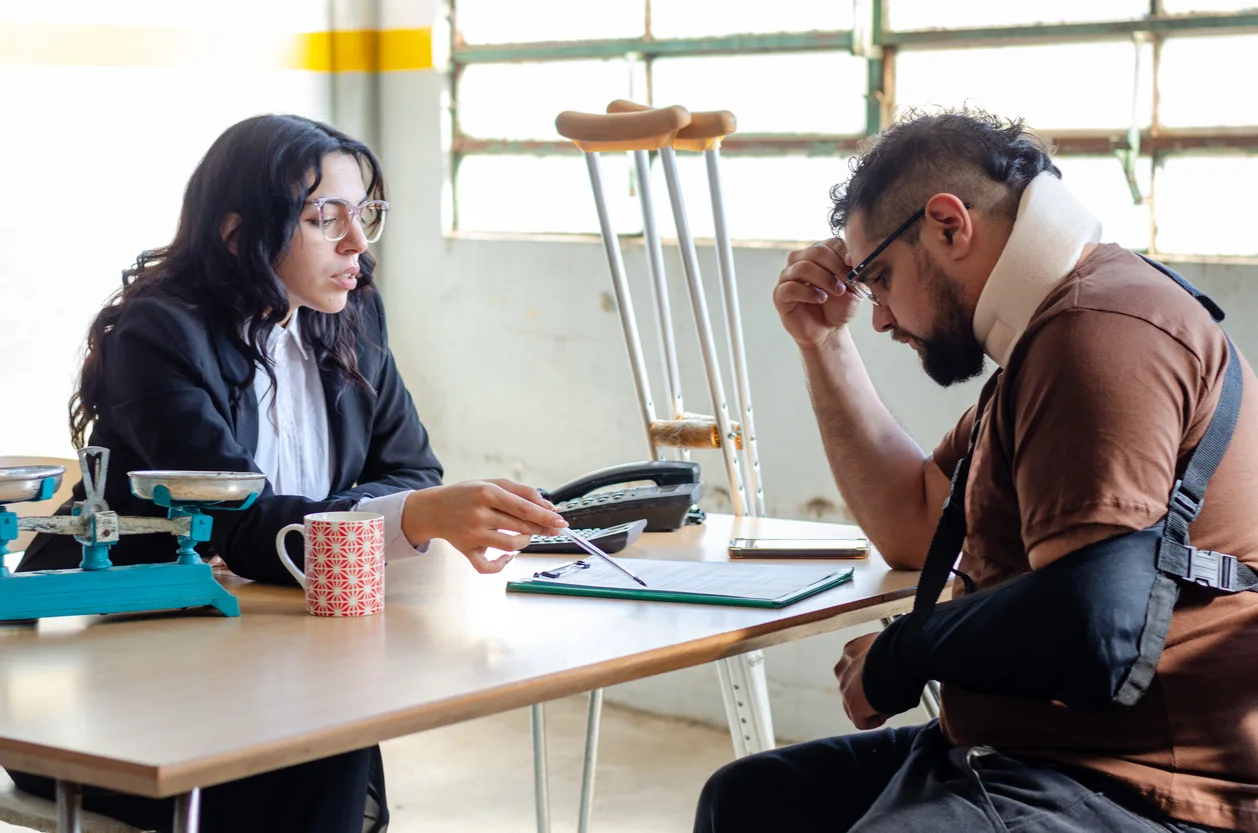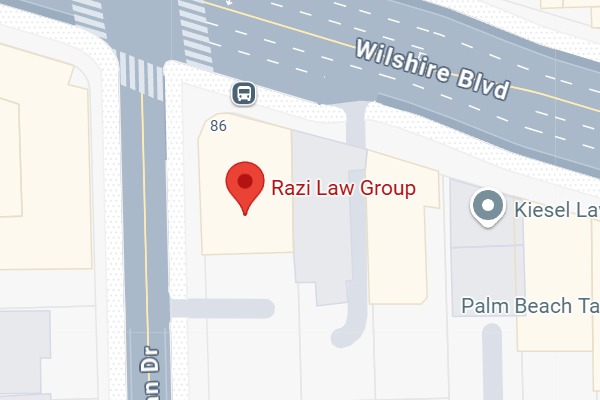What’s Your Recourse If You Are Injured As A Passenger In A Car Accident?

Being in a car accident is an extremely traumatic experience. Auto collisions can cause grave physical and mental injuries. And the crash may result in lasting bodily and emotional scars. If you’re a passenger in a car crash, the situation is even more confusing. Who’s responsible for covering your initial medical attention, and your long term medical care, should it be necessary? And are you entitled to compensation for pain and suffering? Understanding your rights is imperative for receiving the medical coverage and pain and suffering compensation you deserve, for your passenger injury.
Here is some important information you should be aware of if you’re ever injured as a passenger in an auto accident.
Who’s At Fault?
The first step is to determine who’s a fault in the accident. When an insurance claim is filed, the company will launch an investigation. This includes reviewing police reports, collecting statements from parties involved and following up with any witnesses who can offer information about how the accident happened.
Fault – The Driver of The Car You’re Riding In
If the driver of the vehicle you’re riding in as a passenger is deemed to be at-fault for the collision, that individual is liable. You have the legal right to file a claim against his or her auto insurance carrier.
The Related Parties Exception
There is, however, one caveat in this situation. If you’re related to the driver, the insurance company considers you to be covered by the driver’s policy. In this circumstance, filing a liability claim as a passenger would be the same as the driver filing a liability claim against his or her own insurance. Obviously that doesn’t make sense and isn’t permitted.
Fault – The Driver of The Other Car
If the other driver is found to be at fault for the collision, you can file a liability claim against the other party. (The driver of the car you’re riding in can also file a separate liability claim against the negligent driver.)
Fault – Both Drivers
If both parties in the crash are deemed to be at fault, you may collect from both drivers. But you can only collect up to the total amount of your claim. This is a safeguard to address any shortage in coverage. For example, if one driver’s policy doesn’t provide enough coverage to meet your claim, the other driver’s coverage will make up the shortfall
Your Own Coverage
If you’re injured as a passenger in an accident, you may also file a claim with your own insurance for medical coverage under your auto insurance policy. Medical coverage has nothing to do with liability. You’re eligible to receive medical coverage regardless of who’s at fault.
Keep in mind, however, this coverage is strictly limited to medical care. Such coverage is only intended to pay for medical bills, not “pain and suffering.” That sort of coverage is exclusively the domain of liability insurance.
You’re A Victim
As a passenger injured in a car crash, you’re an innocent bystander whose fallen victim to a situation beyond your control. If you’ve been injured, you have the legal right to receive compensation for medical bills and pain and suffering from one or both drivers. Don’t hesitate to pursue either or both parties for full recompense in your passenger injury.










